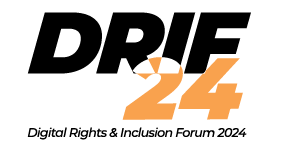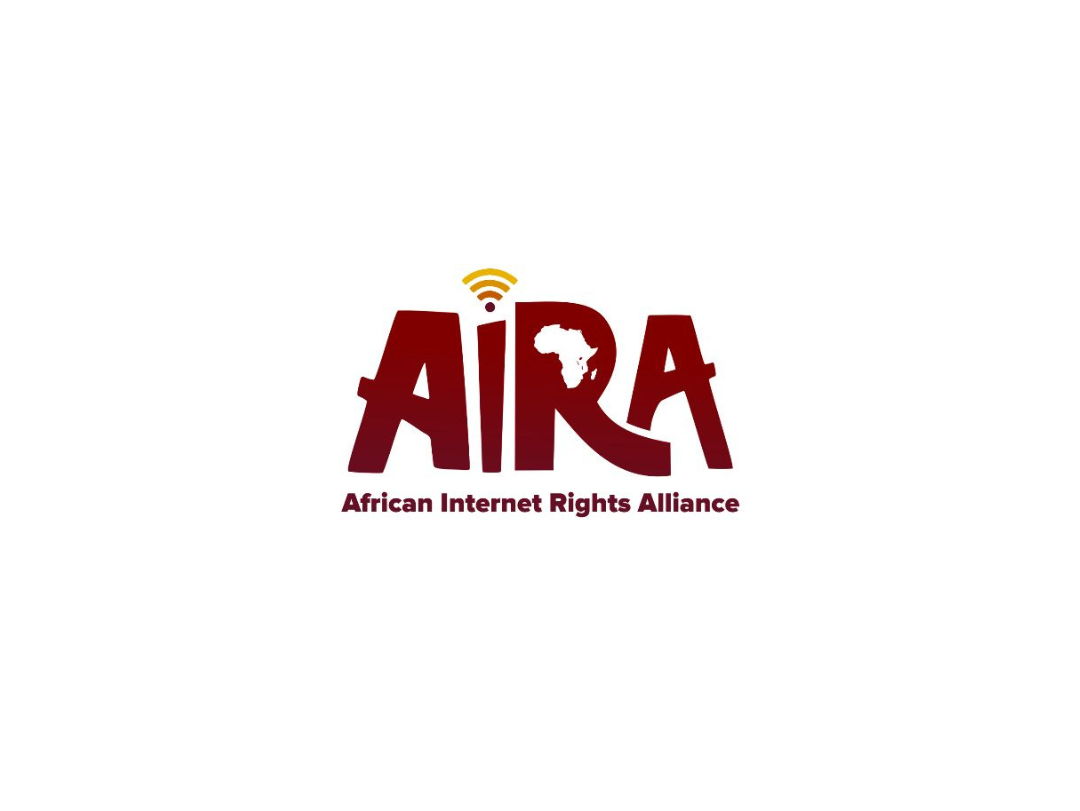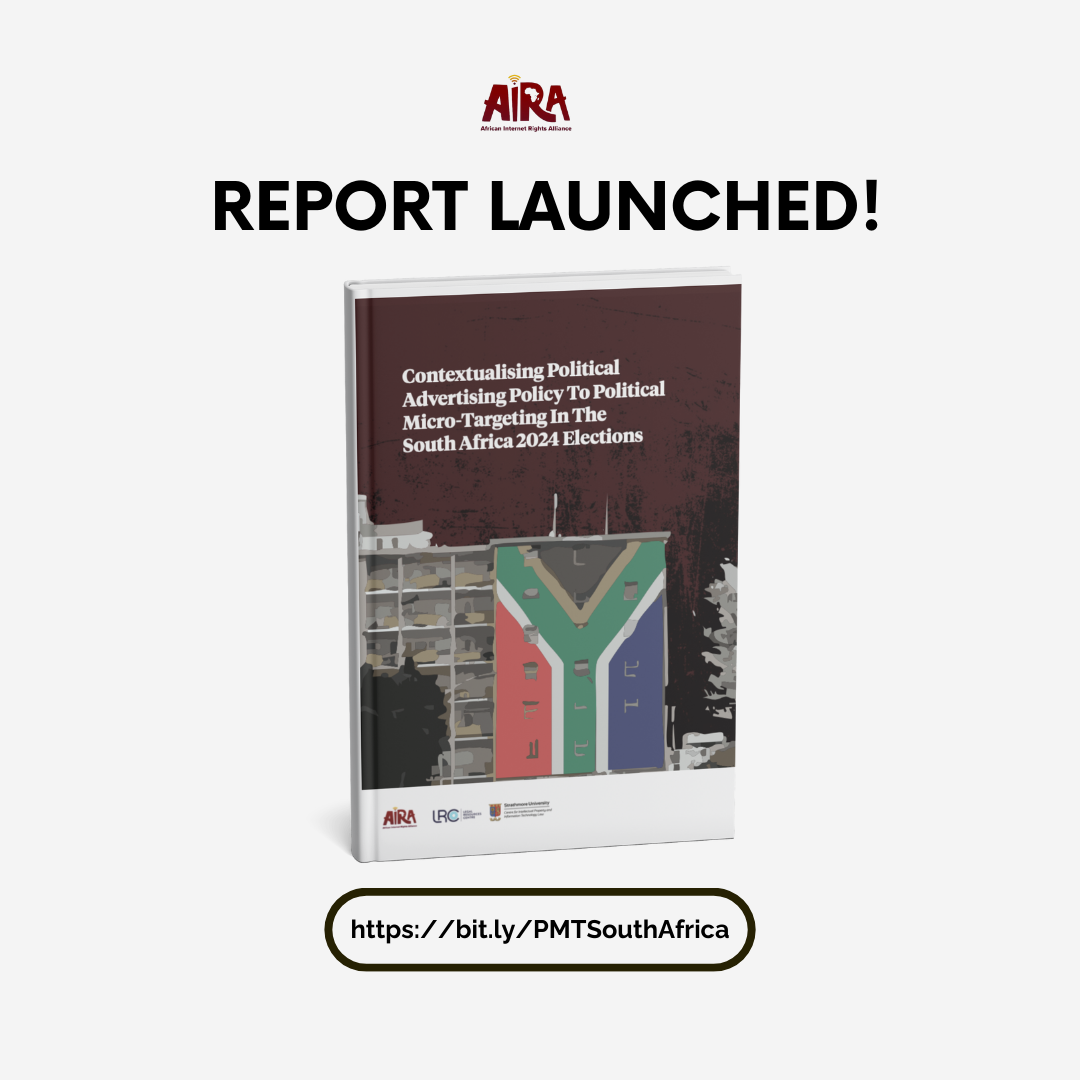
Introduction
The multistakeholder approach has been advocated in various forums and has become crucial, especially in advancing digital rights, due to its emphasis on inclusiveness, transparency, and collaboration among various stakeholders. This approach ensures that diverse perspectives are considered in decision-making processes; transparency plays a key role in building trust and legitimacy, as it allows for open and accountable discussions. The multistakeholder approach leverages the expertise of different stakeholders, i.e. governments, businesses, civil society, technical experts, and users, fostering innovation and creative solutions to complex challenges. It also promotes global interoperability and can adapt to evolving digital landscapes, making it a valuable framework for addressing digital rights and advancing inclusion, especially in the ever-evolving digital landscape.
The Digital Rights and Inclusion Forum (DRIF) 2024, held on April 25th -27th April, 2024, marked the 12th edition of the annual conference in Accra, Ghana, hosted by Paradigm Initiative. This year’s theme focused on fostering rights and inclusion in the digital age, bringing together a diverse group of stakeholders to address pressing issues in digital rights and inclusion. With a focus on human rights, internet infrastructure, and the intersection of digital policies with social justice, The conference undoubtedly showcased the power of a multi-stakeholder approach in fostering digital inclusion characterised by the robust representation of persons with disabilities, industry players from various parts of Africa (both anglophone and francophone) which made for holistic conversation, discussions and call to action.
The three-day conference covered a wide range of crucial topics and objectives based on key thematic areas, trust and accountability, data protection, privacy and surveillance, AI digital inclusion and marginalised groups aimed at addressing key challenges in the digital landscape. In summary, the sessions on day 1 focused on combating disinformation on platforms like Wikipedia to foster trust online, examining diverse models of the open internet in African countries to promote inclusivity and accessibility, and discussing the impact of artificial intelligence and emerging technologies on civic space in Africa, highlighting threats to fundamental rights and democracy.
Additionally, there was a focus on enhancing community responses to internet censorship through research and advocacy campaigns, defining the desired internet landscape in a leadership panel consultation, addressing the prevalence of online disinformation and misinformation, showcasing perspectives on Africa’s role in the global tech landscape, particularly in AI advancements, and introducing the African Digital Rights book series to advance digital rights literature for rights and inclusion in Africa. This book series more specifically focused on digital citizenship in Africa, Digital disinformation in Africa and Digital surveillance in Africa.
The day two-panel sessions canvassed a number of topical issues surrounding internet connectivity, accessibility, and the role of the media in further advancing digital rights. For instance, the “Connect the Unconnected” session highlighted how local communities seek to be empowered through connectivity and accessibility by providing rural broadband connectivity, overcoming challenges such as unreliable power supply. “Design from the Margins” emphasized the importance of incorporating the knowledge and experiences of marginalized communities to drive technological advancements in regions like Palestine, Iran, Mexico, Kenya, and Ethiopia.
Discussing the role of media discussions in “Safeguarding Independent Journalism” shed light on the significance of independent journalism in the online sphere and addresses the legal hurdles faced by journalists. The media is often left out of the stakeholder pool when discussing digital rights, although they play a significant role, especially in the digital age, as holders and storytellers of truth. A key thematic area that was discussed in relation to the role of media is disinformation and misinformation. In a world where technology is constantly advancing, the role of AI takes centre stage with negative ramifications in further exacerbating misinformation and disinformation. In this context, questions arose as to whether the role of the media as a stakeholder may be considered an authenticator, a source of validation or dismissing information. Discussions from media representatives noted that the ecosystem of the society is vast and layered, and greater responsibility must be placed on the creator. The role of the media remains to be a credible and verifiable source of information, and to a large extent, it is important that media houses, even in their own use and adoption of AI, remain credible and build capacity on the ethical use of AI as opposed to further being agents of misinformation and disinformation whether intentionally or unintentionally.
The “Reimagining the Web” session focussed on maintaining an open and free global Internet while addressing issues of fragmentation in Africa. Additionally, sessions on workers’ rights, clean energy deployment, AI governance, and combating fake news and hate speech further initiated constructive dialogues and calls to action on the need for positive transformations in the realms of digital rights, inclusion, and technology governance. The highlight of day Two was the launch of Paradigm Initiatives’ short film, ‘Undersight,’ which highlighted how data, technology, and innovation can be manipulated, especially when personal data is concerned. The Londa Report 2023, also launched during the conference, provides a comprehensive analysis of the digital rights landscape in Africa, reflecting on 26 countries across Africa and focusing on critical issues that impact digital inclusion across the continent.
The report emphasizes the urgent need to prioritize and protect digital rights to ensure a secure digital environment for African nations. It specifically highlights the significance of enhancing legal frameworks to safeguard media freedom, data privacy, digital security, and the safety of journalists. Moreover, the report offers recommendations to establish mechanisms that shield citizens from digital violence, reform national media commissions to uphold press freedom and ensure the protection of vulnerable groups like women, persons with disabilities, and the LGBTIQ+ community from censorship and surveillance. To address barriers to digital inclusion effectively, the report advocates for the implementation of comprehensive legislation, inclusive ICT policies, collaborative multi-stakeholder approaches, and active engagement of civil society. By acknowledging the complexity of the digital rights landscape in Africa, the report underscores the importance of concerted efforts among diverse stakeholders to comprehensively tackle these challenges and advance internet freedom across the continent.
Day three sessions focused on safeguarding truth and accountability in the digital realm during electoral processes, tackling gendered disinformation, and promoting gender equality online. This was an especially important discussion, noting that this year, over 70 countries globally will be going to the polls and marks the most significant year for elections globally. With this, conversations on freedom of speech, online disinformation, hate speech, and abuse and manipulation came up as threats to democracy and freedoms. This was especially advanced by the Global Coalition for Tech Justice. By focusing on combating disinformation narratives that can sway electoral outcomes and shape public opinion, the discussion addressed the challenges posed by misinformation in democratic contexts. Moreover, with a potential emphasis on gendered political discourse, panellists explored how disinformation impacts various demographic groups differently, shedding light on the intersection of disinformation and gender dynamics in the digital space. Highlighting the importance of upholding the integrity of elections in the digital age, the session also underscored the detrimental effects of disinformation on the electoral process.
Further discussions delved into the importance of encryption for internet users in Africa, emphasizing privacy and security concerns. Tools like Ripoti and Ayeta were unveiled to empower individuals to address digital rights violations and enhance security measures. The forum also highlighted the vulnerability of women and children in online spaces, stressing the need to protect their privacy and rights. Furthermore, exploring the concept of treating the internet as a shared public good, the sessions aimed to promote proactive actions for a better internet that serves the public interest and benefits all users.
In conclusion, a reflection of DRIF 24 demonstrates a diverse pool of stakeholders, beginning with government representatives from Ghana’s government, the Director General for Cyber Security Authority Ghana. Regional bodies such as the AU commissioner for the African Commission on Human and Peoples Rights on Freedom of speech, representation from big tech companies, i.e. Meta and funders such as Open Technology Fund, added the representation of diverse participants representing stakeholder groups such as academia, private sector, civil society organizations and the media. Beyond the discussion, a conference departs on a note of partnership, collaboration, and a call to action by different stakeholders to continuously advance digital rights and inclusion on the continent.
This post was written by Florence Ogonjo, Researcher at Centre for Intellectual Property and Information Technology Law, at Strathmore University


